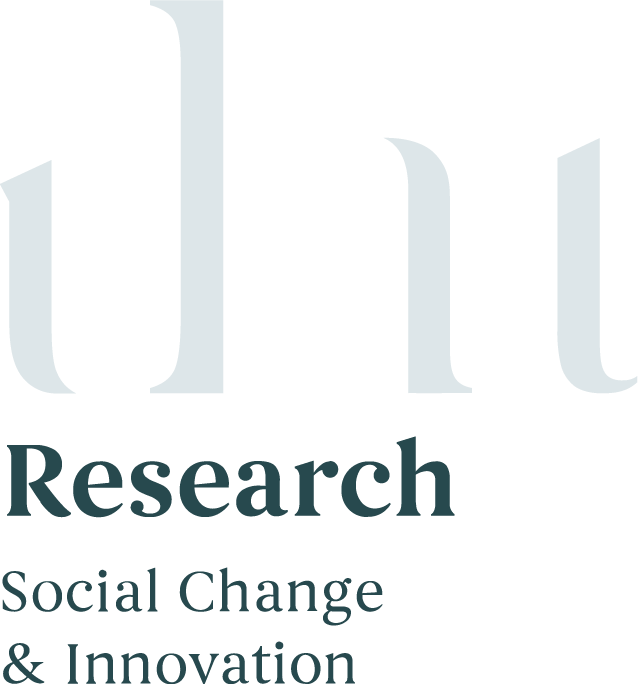Puna Evaluation
Puna Evaluation Report August 2021
What we did
The evaluation findings for this report draw upon a year of monitoring data gathered by Te Pūtahitanga o Te Waipounamu data management team. In addition an independent survey was administered by Ihi Research to over 8000 whānau that had requested support,.1678 responded to the survey representing over 7000 whānau in their households. In addition a case study of a whānau who received support from the Puna Fund was conducted by Ihi Research.
Project Background
A key strategic response from Te Pūtahitanga o Te Waipounamu to the COVID – 19 lockdown was to create an emergency fund (the Puna Fund) to provide direct and immediate support for whānau in need of kai, power or firewood. The initial provision of this fund was evaluated by Ihi Research as part of the Manaaki 20: Evaluation of the Immediate Covid-19 Response Plan (Savage, et al. 2020). While the evaluation found high levels of satisfaction with the response, there was evidence that whānau continued to report concerns regarding employment security, future income, and whānau mental health and wellbeing (Savage, et al. 2020). The applications for the Puna Funds were open throughout the year June 2020 to September 2021. A maximum of $1000 could be applied for from each household, whānau had to meet a criteria of need.
Data Puna Evaluation 2021
Outcomes
Whānau are struggling on insufficient or low income
There were 33,292 children (under 18-years) who were in the households of those whānau who applied.
Some whānau; those with medical issues, disabilities, grandparents caring for mokopuna and those leaving domestic violence situations appear to be particularly impacted by low income.
Whānau reported experiencing stress and shame managing on low income.
COVID-19 has exacerbated the impact of low income for many whānau
Whānau reported losing jobs or hours due to COVID-19.
Whānau report having additional expenses associated with COVID-19 or lockdown.
The uncertainty of the COVID-19 situation contributes to whānau stress.
Food insecurity is a significant concern and priority for whānau
The top concern for whānau is having enough to food to feed their family.
Whānau on low income are likely to eat cheaper poorer quality food.
Whānau requiring specialist diets, such as diabetes, struggle to have their nutritional needs met.
Some whānau are suffering from severe food insecurity, missing meals, and experiencing hunger.
Puna Fund has a positive impact on whānau and their tamariki
Whānau were able to provide for needs of tamariki.
Whānau were able to provide kai, pay bills and keep the whare warm.
Whānau were able to attend job interviews, fix their car to get to their jobs and continue studying.
The impact of this flowed on to other members of the extended whānau and community.
The Puna Fund reduced stress and, in some cases, improved the health of whānau.
Nearly half, 45%, of the whānau had previously approached MSD for support. A total of 73% of these whānau did not meet the criteria for MSD funding.
The long-term implications of increased food insecurity experienced by whānau, particularly during the COVID-19 pandemic, cannot be understated. While short-term crisis responses like the Puna Fund address the immediate pressing needs of whānau, a range of government policies are needed to lift whānau out of poverty. Until there is a marked increase in the living conditions of low income whānau, funds like the Puna Fund are desperately needed to ensure the devastating impacts of food insecurity are mitigated.
“The power and kai grant came when we were at rock bottom. I did not know how I was going to afford food that week. But this support has given me more than food and power. It’s given me psychological and emotional relief as the stress of not knowing how I was going to buy food to feed my daughter was genuinely affecting my health. I wasn’t sleeping due to the significant stress and worry about whether I could get any food or heat another room in the house”
Find out how we can help you
We’ll work with you to find out what’s working, where investment could be put to best use or how to improve anything not going to plan. We can help you define success and set tangible, measurable goals. And we talk in real language so you can understand and engage with the findings. We engage with the community to conduct community research and consultations for private companies, trusts, government agencies, NGOs and more. But we have a special interest in research that has a purpose - to better society and teach lessons. We aim to help those we work with build capacity to enact positive change.



